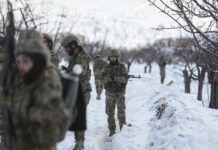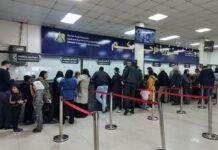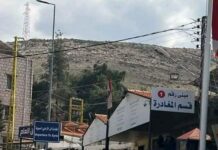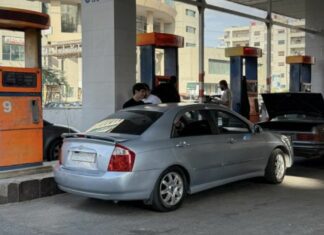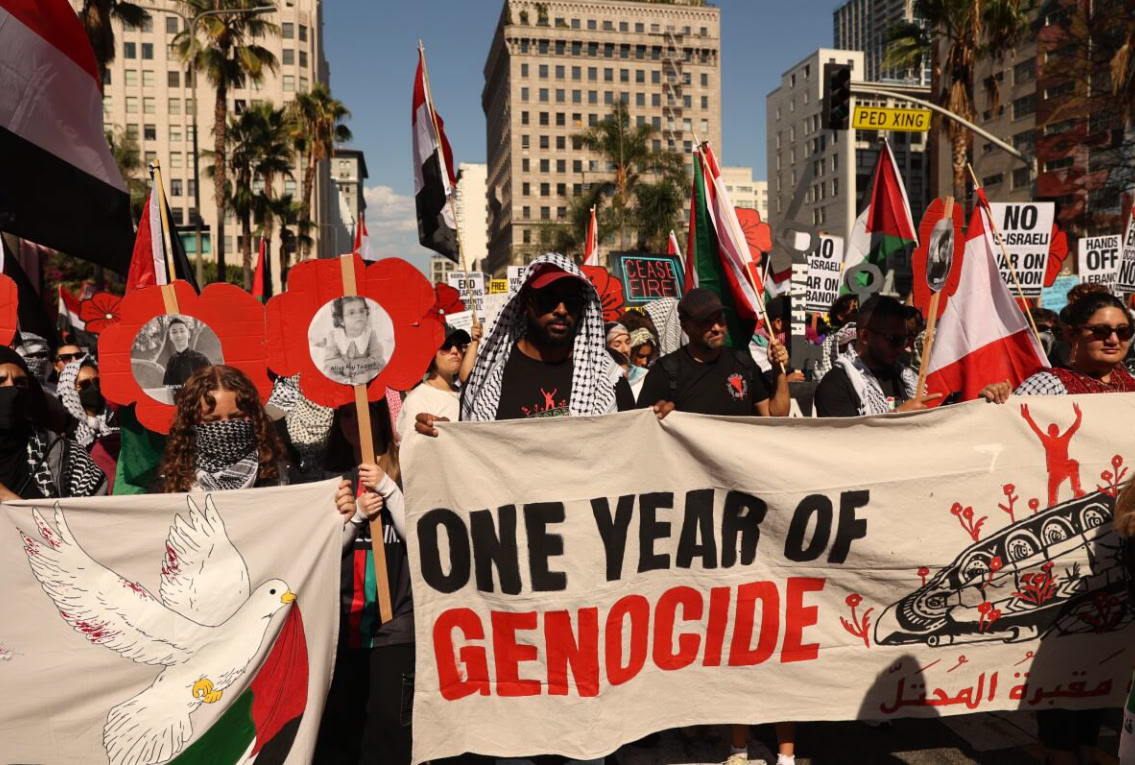
Today marks the first anniversary of the Al-Aqsa Flood operation and the ensuing Israeli military campaign across Gaza, the West Bank, Lebanon, and Syria. What began with a surprise attack on illegal Israeli settlements and military outposts has become a year-long Israeli assault viewed by many as genocide and ethnic cleansing.
Over 41,800 Palestinians have been killed, including nearly 17,000 children, with entire neighborhoods turned to rubble in Gaza. The conflict has seen the use of banned explosives and the destruction of vital infrastructure, leaving the Strip nearly uninhabitable, and Israeli Prime Minister Benjamin Netanyahu, Defense Minister Yoav Gallant, and several leaders of Hamas, including Yahya Sinwar, Muhammad Deif, and Ismail Haniyeh, brought up on charges of war crimes.
The relentless Israeli bombardment of Gaza resulted in a catastrophic humanitarian crisis, with 96,844 people injured and 52,322 orphans created in just one year. The damage to homes, hospitals, and schools has been staggering – 75% of Gaza’s housing sector lies in ruins, with over 150,000 housing units destroyed. The deliberate targeting of water facilities and food warehouses has exacerbated food shortages and led to widespread malnutrition and disease, particularly among women and children.
The assault has extended beyond Gaza’s borders, with Israeli airstrikes hitting targets in Lebanon and Syria. Demonstrations against Israel’s actions have erupted worldwide, with calls for an end to the occupation and blockade of Gaza.
Gaza’s economy has been devastated, resulting in over $33 billion in financial losses, severely damaging agricultural and industrial sectors. Despite the international community’s growing condemnation of the Israeli tactics, the war rages on, with no signs of cessation.

